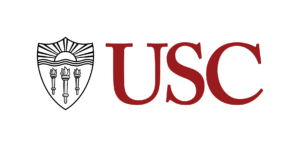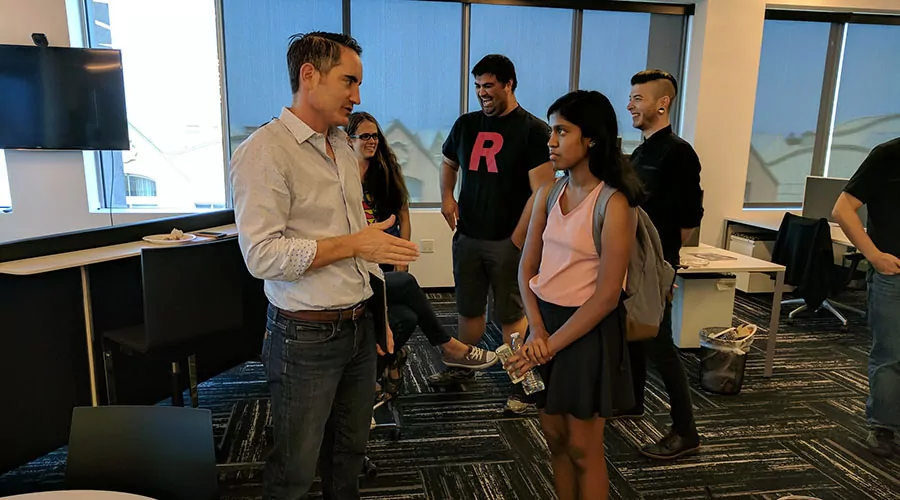We’ll think a lot about money in this course. For example: What is it, and what is its place in the well-lived life? What does ethical investing look like? Should we gamble with our money? Must we give to charity? What are the moral risks and benefits of cryptocurrencies? What sorts of lending practices are morally acceptable?
Money is one piece of a much larger market system, and there are lots of interesting philosophical questions to ask about markets themselves. What sorts of things should, or should not, be for sale? When do market transactions become exploitative? What sorts of markets are best? To what extent should the government control the marketplace? What is the best measure of economic health? Do nations have an obligation to trade with one another?
We use our money in the marketplace to obtain resources — to come to own things. But what is ownership? What sorts of ownership regimes are possible? What sorts of ownership regimes are best? Is there a limit to how much anyone should own? What things should be publicly owned, and what things should be privately owned? How should societies rectify theft from the distant past?
“The Philosophy of Economic Markets, Money, and Property” course seeks to answer these questions and more.
PROGRAM DATES
June 15 – July 12, 2025
PREREQUISITES
None
COURSE DRESS CODE
None
DAILY SCHEDULE & ACTIVITIES
MONDAY – FRIDAY
9:00 a.m. – 12:00 p.m. Classes in session
12:00 p.m. – 1:30 p.m. Lunch
1:30 p.m. – 3:30 p.m. Classes in session
COURSE OVERVIEW
Learning Objectives
Upon completion of this course, you should be able to:
- Understand, construct, and evaluate arguments
- Compose clear, concise, and persuasive college-level, argumentative essays
- Understand important philosophical debates about markets, money, and property
- Critically evaluate different market and property systems
- Make informed contributions to real-world debates about how we might improve our real-world market and property systems
- Critically evaluate your own relationship to markets, money, and property
Highlights
- Engagement with scholarly work from a range of disciplines, to include economics, law, logic, and (especially) moral philosophy
- Engagement with non-scholarly mediums such as short fiction, film and social media
- Participation in a variety of class mediums, to include lectures, discussions, friendly debates, student presentations, and in-class, collaborative projects
- Development of university-quality argumentative essays
- Guest speakers
Topic of Study
- Philosophy
- Economics
- Logic
- Law
- Rationality
- Decision theory
- Property
- Gambling
- Investing
- Wealth and money
- Contracts
- Lending practices
- Cryptocurrencies
- Distributive justice
- Equality
- Liberty


